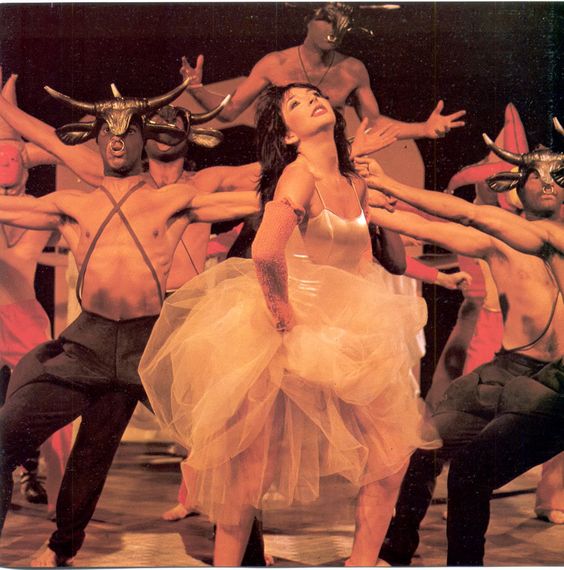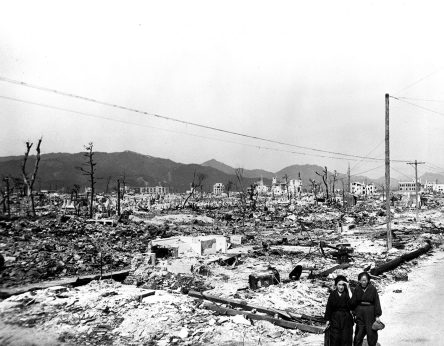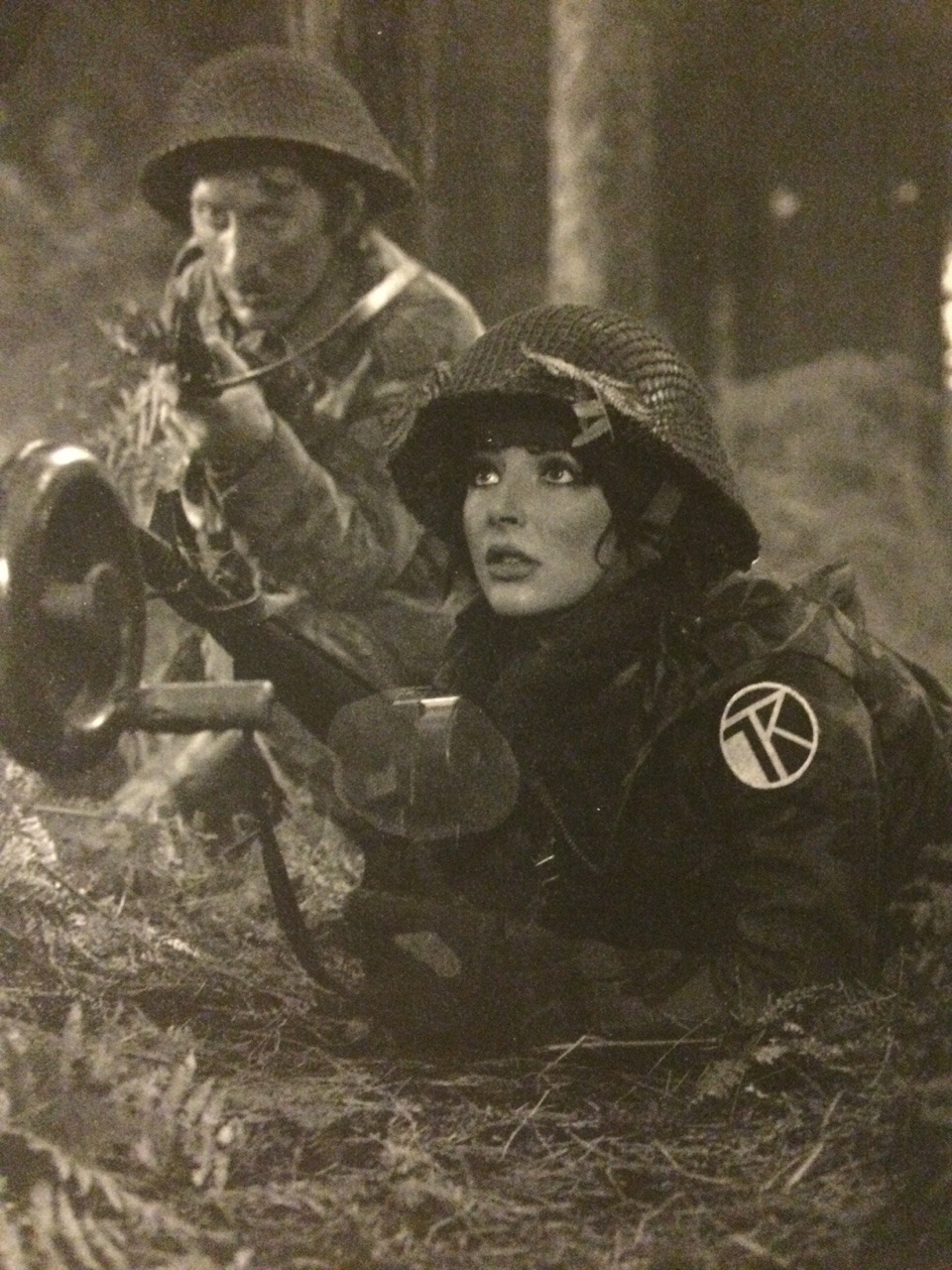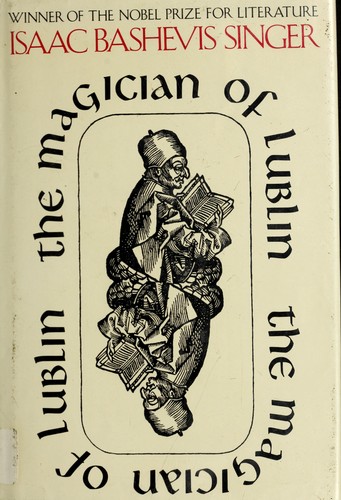Dreams of Orgonon, launched in 2018, is a song-by-song analysis of the discography of Kate Bush. It was sometimes crossposted to Eruditorum Press, but can read the majority of it on its WordPress site. Currently it langers in semi-retirement, waiting to be woken up for another trip around the net.
All the Love
A mostly unloved dirge on The Dreaming’s tails-side, “All the Love” exists as a buffer between the uxorial laments of “Night of the Swallow” and “Houdini.” Little distinguishes it from its fellow LP tracks — its lyrics scan like an embryonic “Houdini” or “Suspended in Gaffa,” presaging future such Bush songs as “Hello Earth” or “Never Be Mine.” Admittedly the song’s points of intrigue are mostly limited to what comes after it, with “All the Love” mostly existing to get The Dreaming to ten songs.
Sonically, “All the Love” sounds like a callback to Never for Ever, to the point one wonders if the song is a holdover. The song’s centering of melody over rhythm is an aberration on the rhythm-preoccupied Dreaming, with Stuart Elliott’s drums quietly accentuating things rather than taking a “lead instrument” role. The relatively high position of Del Palmer’s bass playing in the mix also feels superannuated and reminiscent of “Blow Away (For Bill)” or “Egypt,” some of the oldest songs in Bush’s studio career. “All the Love” has some flourishes characteristic of the mid-80s — the sampling of phone conversations is the sort of thing Pink Floyd or The Smiths did around the same time (see The Wall, “Rubber Ring”). Nonetheless, “All the Love” sounds old, an adscititious swan song for Bush’s early style.
There’s certainly a callback to the subject matter of Never for Ever, nominally catastrophes that damage and alienate families. While Never for Ever’s songs are largely narrative, The Dreaming deals with Modernist techniques of abstraction, dissociation, and stream-of-consciousness, shifting the dramatic arena to the human mind. “All the Love” is social, even amusingly caustic in its distance from human living. Its lyrical triumph, “the first time I died…”, setting up an account of a person whose deathbed experience includes “good friends of mine” who “hadn’t been near me for years.” Where the hell have you been? Why are you doing this performative fraternal visitation now? The answer comes as “we needed you/to love us too/we waited for your move.” We’re given a set of people (or perhaps just one faction) who struggles to love people and relate to them properly.
There seems to be some concession of wrongdoing, admitting she wasn’t the most forthcoming to her friends (“but I know I have shown/that I stand at the gates alone”). But she tempers this with an admission that the emotional distance was mutual: “I needed you to love me too.” There’s even a sort of “if I could start again” concession, as the character asserts the inevitability of reincarnation (or afterlife?) with “the next time I dedicate/my life’s work to the friends I make/I give them what they want to hear.” Its grief for a lost, atemporal past binds itself to the effluvium of old and new styles “All the Love” embodies. In the words of Bauhaus, “all we ever wanted was everything. All we ever got was cold.”
(Bush.) Bush — piano, Fairlight.



.jpg)

 shared the link, contributed to reaching the goals, or was just kind and supportive. This is quite literally life-changing for me. I can making a living off my passion without having to compromise financial security or my mental health. You people are amazing and I am indebted to you all. To be clear, $300 is a minimum though. I’m a disabled trans woman, and people will inevitably drop their pledges. Continued support would be great. But in the meantime, thank you. My life is better for your support.
shared the link, contributed to reaching the goals, or was just kind and supportive. This is quite literally life-changing for me. I can making a living off my passion without having to compromise financial security or my mental health. You people are amazing and I am indebted to you all. To be clear, $300 is a minimum though. I’m a disabled trans woman, and people will inevitably drop their pledges. Continued support would be great. But in the meantime, thank you. My life is better for your support. 
 she keeps absolutely killing it, I thought it would be a good idea to put her back on the site.
she keeps absolutely killing it, I thought it would be a good idea to put her back on the site.

